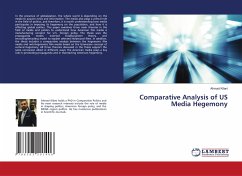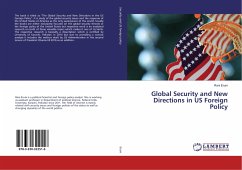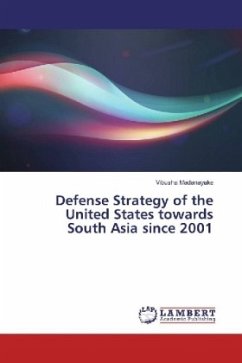In the presence of globalization, the whole world is depending on the media to acquire news and information. The media also plays a central role in the field of politics, and therefore, it is worth understanding how media participates in imposing its hegemony on the population, and how it is affecting global politics. This paper examines three main theories in the field of media and politics to understand how American film media is manufacturing consent for U.S. foreign policy. The thesis uses the propaganda model, inverted totalitarianism theory, and encoding/decoding model to explain selected Hollywood films. In addition, the thesis includes a comparative analysis between the hegemonic film media and anti-hegemonic film media based on the Gramscian concept of cultural hegemony. All three theories discussed in the thesis support the same conclusion albeit in different ways: the American media plays a key role in promoting propaganda and in maintaining American hegemony.
Bitte wählen Sie Ihr Anliegen aus.
Rechnungen
Retourenschein anfordern
Bestellstatus
Storno








